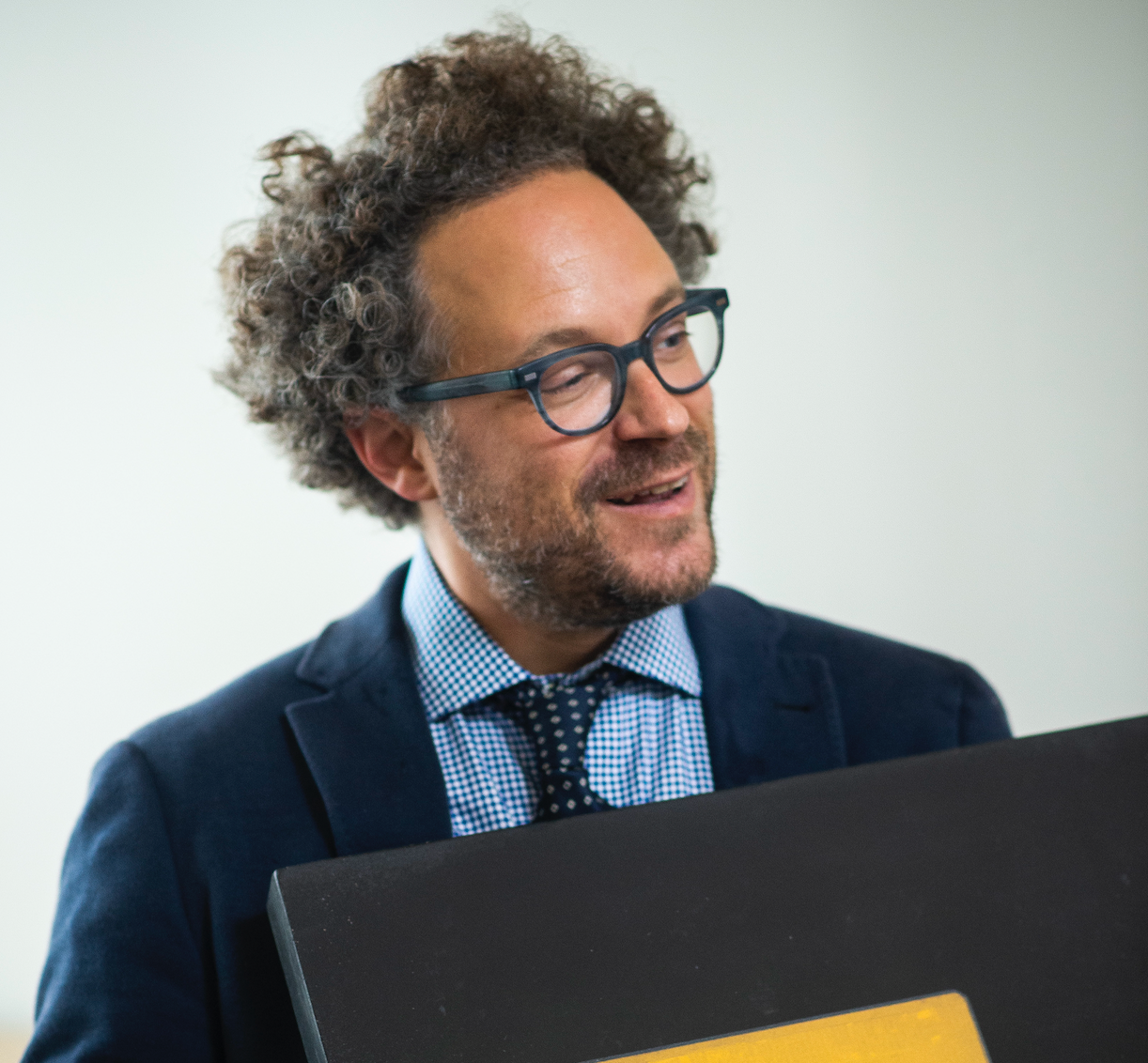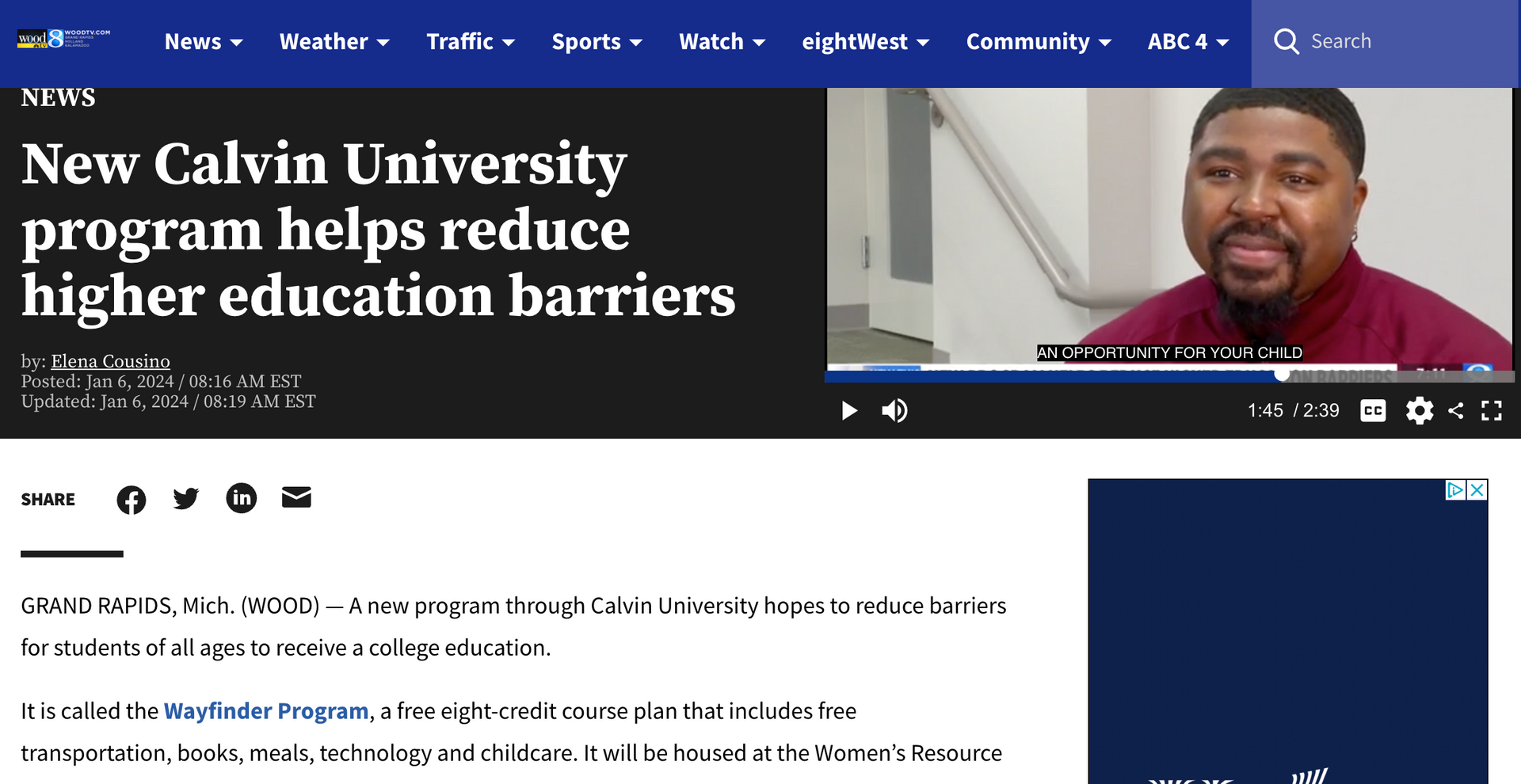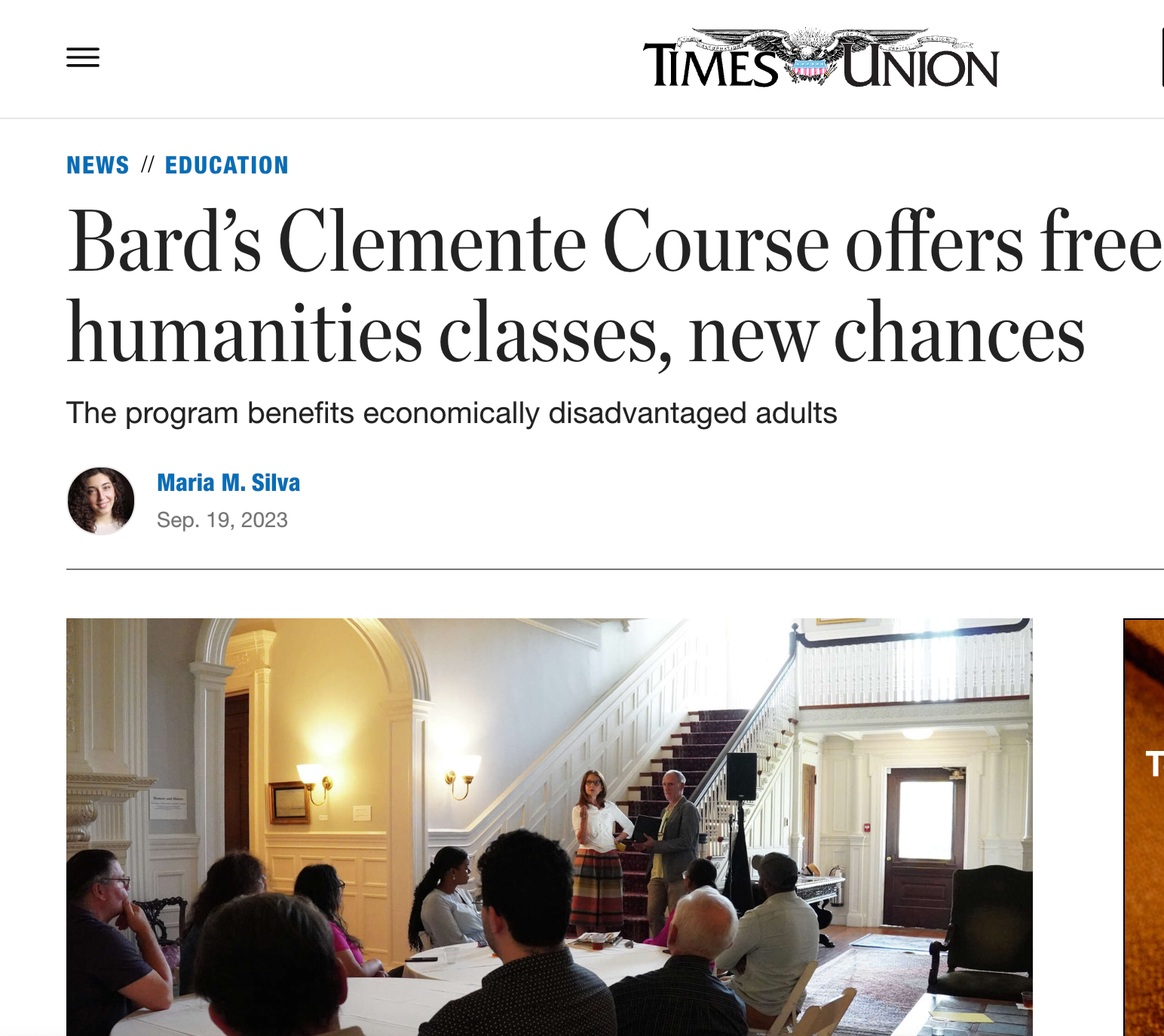Turning to old texts – today Clemente students read ‘Julius Caesar’
April 18, 2018
Katie Kowalski
Port Townsend Leader, Mar 14, 2018
“I hate Shakespeare.”
It’s the line every teacher of the Bard has heard at least once, probably more.
Arendt Speser takes that comment as a personal challenge.
Speser is the academic director of the Jefferson Clemente Course in the Humanities, which offers free college-level courses to low-income adults.
This year, the class he is leading will be introduced to “Julius Caesar” through a public reading the class is presenting at The Boiler Room next week.
“I don’t expect everyone to love 'Caesar' by the end of our sessions, but I do hope to encourage a new enthusiasm for the old Bard,” Speser said.
The student readings take place from 6:30 to 8:30 p.m., April 23 and 25 at The Boiler Room, 711 Water St.
TIMELY
Including a Shakespeare play in the Clemente Course is standard; the play can change from year to year.
“It can vary depending on the course theme and instructor preference,” said Speser.
This year, Speser chose “Julius Caesar” to tie into the Royal National Theatre of London performance of that play, which will be screened at The Rose Theatre April 21 and 29.
“I have no doubt in my mind they picked this play because of what it says to our current political climate.”
“‘Caesar,’” Speser said, taps into issues of power, corruption and the tension between tyranny and democracy. “In a more intimate way (it’s also about), what happens when conspiracy destroys relationships between friends and countrymen.”
One scene that will be acted out is a scene between Brutus and Portia.
That scene, Speser said, “speaks in shockingly contemporary tones about our current anxiety about gender and power.”
KNOWLEDGE IS KEY
Port Townsend’s Lisa Wentworth, who said she loves to learn just for the sake of learning, is one of the students participating in the class.
“If we don’t learn from our history, we are doomed to repeat it,” she said of the importance of turning back to older texts in modern times.
Turning to classic texts is fundamental to the Clemente Course.
“I highly recommend Clemente,” Wentwort said. “Knowledge is key, and it can open up a whole world for you.”
The community is invited to attend the public readings next week.
“Above all, the play speaks to the dangers of empire and the hazards of a blind patriotism,” said Speser. “It asks the fundamental political question: Is what is good for Rome good for Romans, and vice versa? We see a public trying to exert its political will, while also being manipulated by men in power.”
This, Speser added, is a relevant topic for today.
It’s the line every teacher of the Bard has heard at least once, probably more.
Arendt Speser takes that comment as a personal challenge.
Speser is the academic director of the Jefferson Clemente Course in the Humanities, which offers free college-level courses to low-income adults.
This year, the class he is leading will be introduced to “Julius Caesar” through a public reading the class is presenting at The Boiler Room next week.
“I don’t expect everyone to love 'Caesar' by the end of our sessions, but I do hope to encourage a new enthusiasm for the old Bard,” Speser said.
The student readings take place from 6:30 to 8:30 p.m., April 23 and 25 at The Boiler Room, 711 Water St.
TIMELY
Including a Shakespeare play in the Clemente Course is standard; the play can change from year to year.
“It can vary depending on the course theme and instructor preference,” said Speser.
This year, Speser chose “Julius Caesar” to tie into the Royal National Theatre of London performance of that play, which will be screened at The Rose Theatre April 21 and 29.
“I have no doubt in my mind they picked this play because of what it says to our current political climate.”
“‘Caesar,’” Speser said, taps into issues of power, corruption and the tension between tyranny and democracy. “In a more intimate way (it’s also about), what happens when conspiracy destroys relationships between friends and countrymen.”
One scene that will be acted out is a scene between Brutus and Portia.
That scene, Speser said, “speaks in shockingly contemporary tones about our current anxiety about gender and power.”
KNOWLEDGE IS KEY
Port Townsend’s Lisa Wentworth, who said she loves to learn just for the sake of learning, is one of the students participating in the class.
“If we don’t learn from our history, we are doomed to repeat it,” she said of the importance of turning back to older texts in modern times.
Turning to classic texts is fundamental to the Clemente Course.
“I highly recommend Clemente,” Wentwort said. “Knowledge is key, and it can open up a whole world for you.”
The community is invited to attend the public readings next week.
“Above all, the play speaks to the dangers of empire and the hazards of a blind patriotism,” said Speser. “It asks the fundamental political question: Is what is good for Rome good for Romans, and vice versa? We see a public trying to exert its political will, while also being manipulated by men in power.”
This, Speser added, is a relevant topic for today.

The Board of Directors of The Clemente Course in the Humanities announces the appointment of its new Executive Director, Aaron Rosen, PhD. Clemente’s Board was impressed by Dr. Rosen’s passion for reaching and supporting underserved communities. He comes to Clemente with an extensive track record working with diverse students, from Middle Eastern and South Asian immigrants in London to U.S. military veterans and Native Americans in Billings, Montana to African American and Latin American ministry students in Washington, DC.





